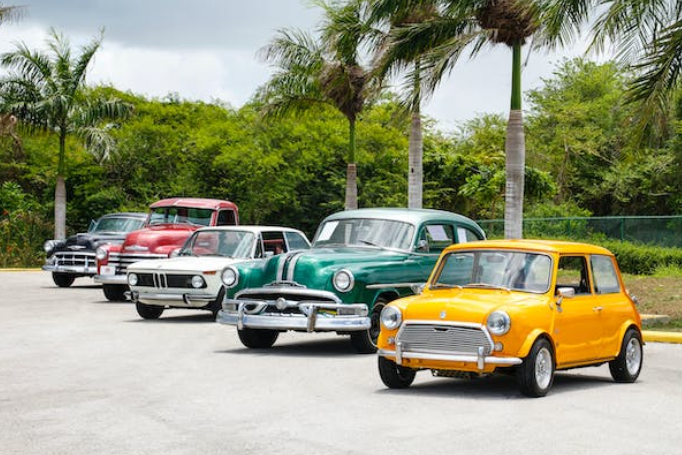Purchasing a classic car from Beverly Hills Car Club is an exciting venture, but it can also be a daunting task, especially when it comes to negotiating the best deal. With so many factors affecting the price of these timeless beauties, knowing how to navigate the negotiation process is essential. In this blog post, we’ll explore practical tips and genuine guidance to help you secure your dream ride without breaking the bank.
Factors Affecting the Cost of Classic Cars
Before diving into negotiation tips, it’s essential to understand the factors that influence the cost of classic cars:
- Rarity: The rarity of a car can significantly impact its value. Limited production models or unique features often command higher prices.
- Condition: The overall condition of the car, including the body, paint, interior, and mechanical components, plays a critical role in determining its worth.
- Restoration: The quality and extent of restoration work can affect the car’s value. Professional, well-documented restorations usually increase the price.
- Provenance: A car’s history, including previous owners, race history, and documentation, can add to its appeal and, consequently, its value.
Practical Tips for Negotiating the Best Deal

Now that you’re familiar with the factors affecting classic car prices let’s discuss some actionable advice for successful negotiations:
1. Research the Car’s Value
Knowledge is power when it comes to negotiating. Before entering any negotiation, research the market value of the car you’re interested in. Websites can provide valuable information on classic car values based on factors like make, model, year, condition, and rarity.
2. Set a Budget and Stick to It
Before starting negotiations, determine how much you’re willing to spend on a classic car. Establishing a budget not only helps you avoid overspending but also gives you a reference point for negotiations. Be firm with your budget, but be prepared to make some concessions if the car is truly exceptional.
3. Know the Seller’s Motivation
Understanding the seller’s motivation can give you leverage during negotiations. Are they in a hurry to sell? Do they need the money for another project? Use this information to your advantage when discussing the price.
4. Be Respectful Throughout the Process
Negotiating doesn’t have to be adversarial. Approach the process with respect and professionalism, and you’ll likely find that the seller is more receptive to your offers. Remember, many classic car owners have emotional attachments to their vehicles, so being considerate of their feelings can go a long way.
Building Rapport and Knowing When to Walk Away
 Establishing a connection with the seller can make negotiations smoother and more successful. Share your passion for classic cars, ask about the vehicle’s history, and show genuine interest in the seller’s story. Building rapport can help you secure a better deal and make the entire process more enjoyable.
Establishing a connection with the seller can make negotiations smoother and more successful. Share your passion for classic cars, ask about the vehicle’s history, and show genuine interest in the seller’s story. Building rapport can help you secure a better deal and make the entire process more enjoyable.
However, it’s crucial to recognize when it’s time to walk away from a deal. If the seller isn’t willing to negotiate or if the car doesn’t meet your expectations, don’t be afraid to move on. There are plenty of classic cars out there, and the right one may be just around the corner.
In Conclusion
Negotiating the best deal on a classic car requires research, setting a budget, understanding the seller’s motivation, and being respectful throughout the process. By applying these tips and building rapport with the seller, you’ll be well on your way to driving away in your dream ride at a great price. So go ahead, put these tips into action, and find the perfect classic car for you.

